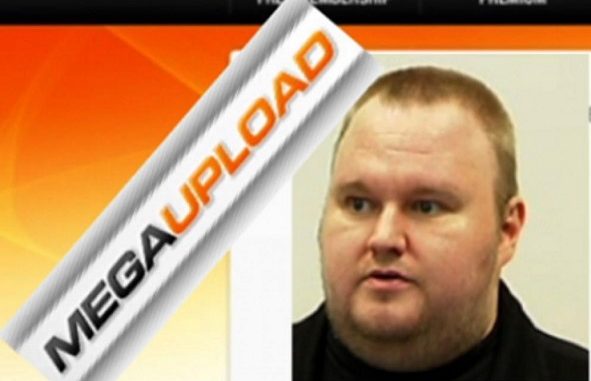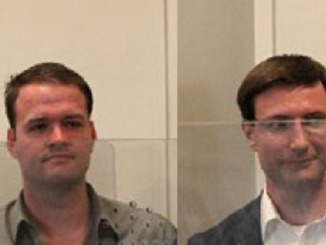
The whole New Zealand-based spying operation against Kim Dotcom and his Megaupload co-defendants was illegal, the High Court has ruled. The revelation appears in a newly released decision, which shows the GCSB spy agency refusing to respond to questions about its activities on the basis that could jeopardize national security.
In the months that preceded the January 2012 raid on file-storage site Megaupload, authorities in New Zealand used the Government Communications Security Bureau (GCSB) spy agency to monitor Kim and Mona Dotcom, plus Megaupload co-defendant Bram van der Kolk.
When this fact was revealed it developed into a crisis. The GCSB was forbidden by law from conducting surveillance on its own citizens or permanent residents in the country, which led to former Prime Minister John Key later apologizing for the error.
With Dotcom determined to uncover the truth, the entrepreneur launched legal action in pursuit of the information illegally obtained by GCSB and to obtain compensation. In July, the High Court determined that Dotcom wouldn’t get access to the information but it also revealed that the scope of the spying went on much longer than previously admitted, a fact later confirmed by the police.
This raised the specter that not only did the GCSB continue to spy on Dotcom after it knew it was acting illegally, but that an earlier affidavit from a GCSB staff member was suspect.
With the saga continuing to drag on, revelations published in New Zealand this morning indicate that not only was the spying on Dotcom illegal, the entire spying operation – which included his Megaupload co-defendants – was too.
The reports are based on documents released by Lawyer Peter Spring, who is acting for Bram van der Kolk and Mathias Ortmann. Spring says that the High Court decision, which dates back to December but has only just been made available, shows that “the whole surveillance operation fell outside the authorization of the GCSB legislation as it was at the relevant time”.
Since Dotcom is a permanent resident of New Zealand, it’s long been established that the GCSB acted illegally when it spied on him. As foreigners, however, Megaupload co-defendants Finn Batato and Mathias Ortmann were previously considered valid surveillance targets.
It now transpires that the GCSB wasn’t prepared to mount a defense or reveal its methods concerning their surveillance, something which boosted the case against it.
“The circumstances of the interceptions of Messrs Ortmann and Batato’s communications are Top Secret and it has not proved possible to plead to the allegations the plaintiffs have made without revealing information which would jeopardize the national security of New Zealand,” the Court documents read.
“As a result the GCSB is deemed to have admitted the allegations in the statement of claim which relate to the manner in which the interceptions were effected.”
Speaking with RadioNZ, Grant Illingworth, a lawyer representing Ortmann and van der Kolk, said the decision calls the entire GCSB operation into doubt.
“The GCSB has now admitted that the unlawfulness was not just dependent upon residency issues, it went further. The reason it went further was because it didn’t have authorization to carry out the kind of surveillance that it was carrying out under the legislation, as it was at that time,” Illingworth said.
In comments to NZHerald, Illingworth added that the decision meant that the damages case for Ortmann and van der Kolk had come to an end. He refused to respond to questions of whether damages had been paid or a settlement reached.
He did indicate, however, that there could be implications for the battle underway to have Dotcom, Batato, Ortmann and van der Kolk extradited to the United States.
“If there was illegality in the arrest and search phase and that illegality has not previously been made known in the extradition context then it could be relevant to the extradition,” Illingworth said.
While the United States is still trying to have Kim Dotcom extradited, in one of the largest copyright infringement cases ever, a documentary about the unprecedented case is topping various official download charts. Meanwhile, in what some might see as an ironic twist, various pirated copies of the film have just started to appear online.
Source: ![]() TorrentFreak.com
TorrentFreak.com






Be the first to comment